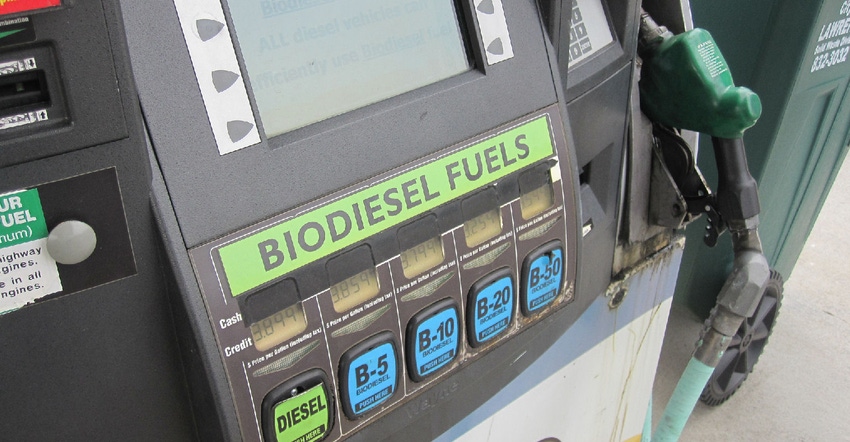Decision also recognizes that refiners are not harmed by RIN prices.
September 3, 2019

The U.S. Court of Appeals for the D.C. Circuit dismissed a petition from the National Biodiesel Board (NBB) as a policy disagreement with the Environmental Protection Agency’s choice of biomass-based diesel volumes. The ruling upholds EPA's method for setting biomass-based diesel volumes in the 2017 Renewable Fuel Standard (RFS) rules, which NBB challenged.
In the same decision, the court rejected refiners' arguments that they are burdened by renewable identification number (RIN) prices and that EPA should change the point of obligation. The court further rejected arguments that the 2017 RFS volumes were set too high and that EPA should have used additional waiver authority.
Kurt Kovarik, NBB vice president of federal affairs, said, "The court's decision is disappointing. It fails to consider the obvious flaw in EPA's choice of biomass-based diesel volumes for 2018, which was set a year in advance of the other annual volumes. The court found persuasive EPA's promise to allow growth for biodiesel and renewable diesel under the yet-to-be-set 2018 advanced biofuel. However, as we argued was the danger, EPA did not provide that growth; it flatlined the advanced biofuel volume in 2018."
Kovarik said there was one bright spot in the court decision. “The court agreed with EPA's evidence that refiners are not harmed by the cost of RINs," he explained. "The court's ruling highlights the disparity between EPA's findings and its current practice of granting hardship exemptions to every refinery that asks. If the refiners aren't harmed by RIN costs, what exactly is the hardship they're facing?
"EPA's small refinery exemptions have caused severe economic hardships for biodiesel and renewable diesel producers, forcing some to close their doors and lay off workers. EPA must put the RFS program back on track," Kovarik said.
NBB is the U.S. trade association representing the entire biodiesel value chain, including producers, feedstock suppliers and fuel distributors, as well as the U.S. renewable diesel industry.
Biodiesel -- made from an increasingly diverse mix of resources such as recycled cooking oil, soybean oil and animal fats -- is a renewable, clean-burning diesel replacement that can be used in existing diesel engines without modification. It is the nation's first domestically produced, commercially available advanced biofuel.
You May Also Like

.png?width=300&auto=webp&quality=80&disable=upscale)

